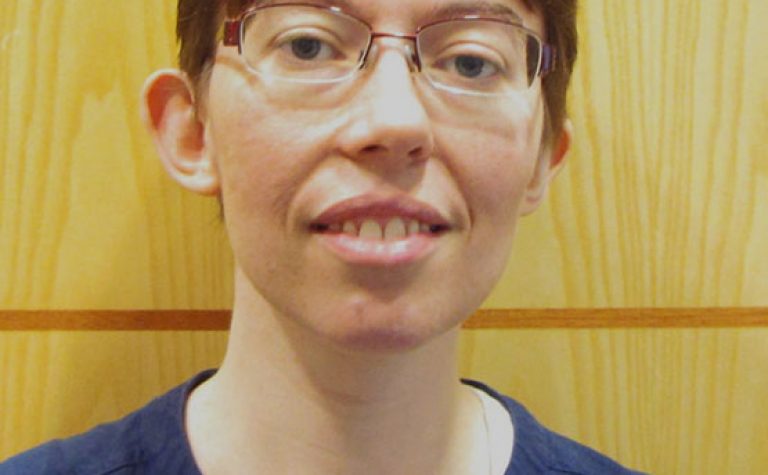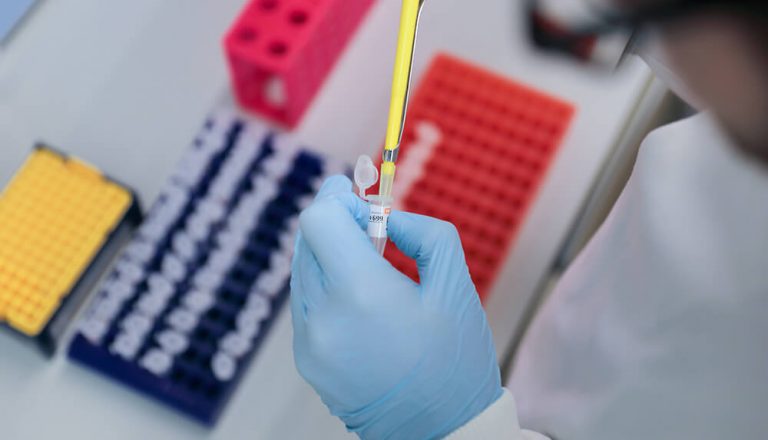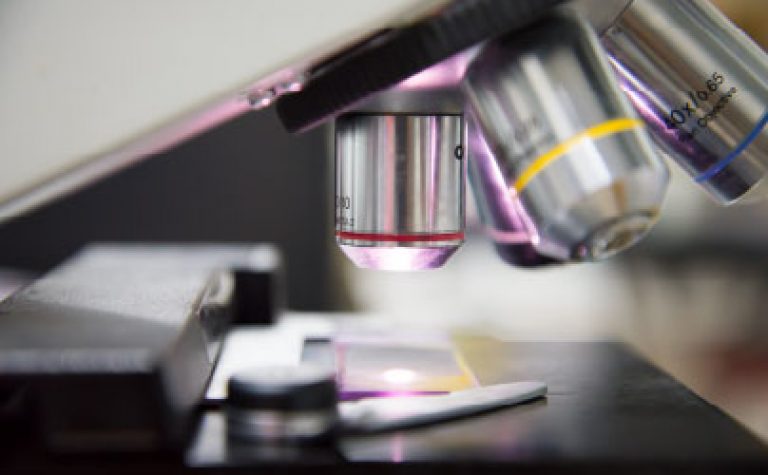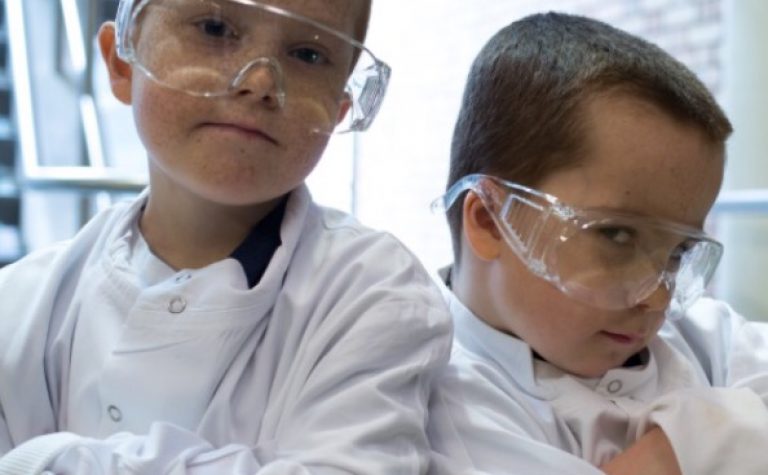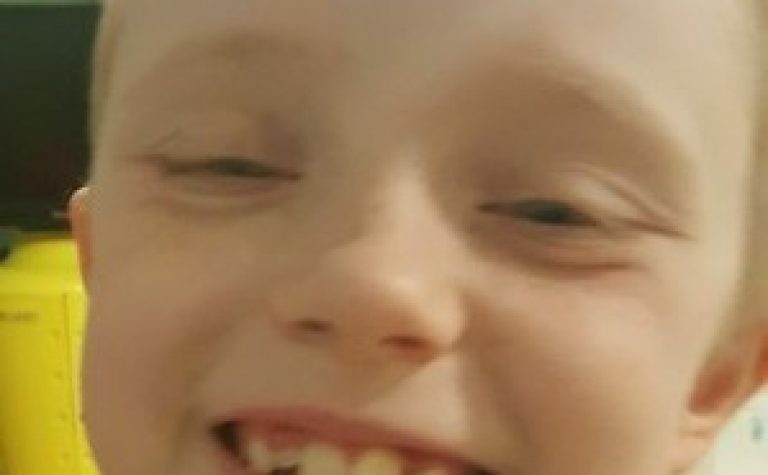Neuroblastoma is one of the most common solid tumours affecting children, and these days some forms of it are very treatable. But in high risk types, long-term survival rates are only 50%, particularly when a child has had chemotherapy treatment but their cancer has relapsed.
There is evidence to suggest that some chemotherapy treatments actually increase the likelihood of the tumour mutating and becoming more aggressive and resistant to further treatment, so in this research project, Dr Calton aims to find ways to overcome this resistance with new approaches to treatment.
She is examining a chemotherapy-resistant model to study how it becomes resistant, in order to identify genes suitable for new combination treatments.
